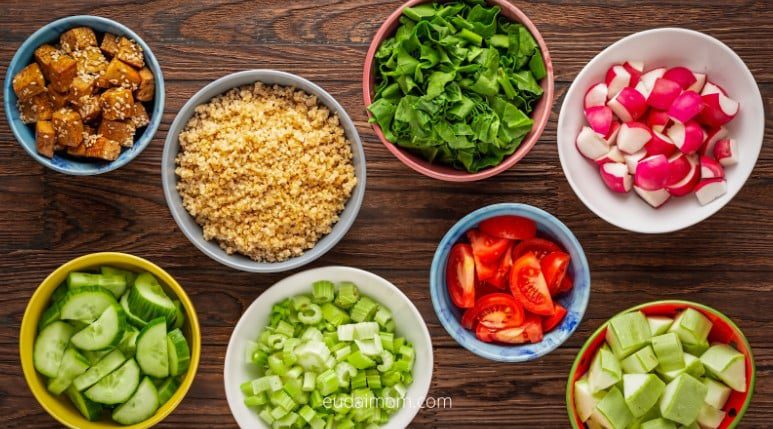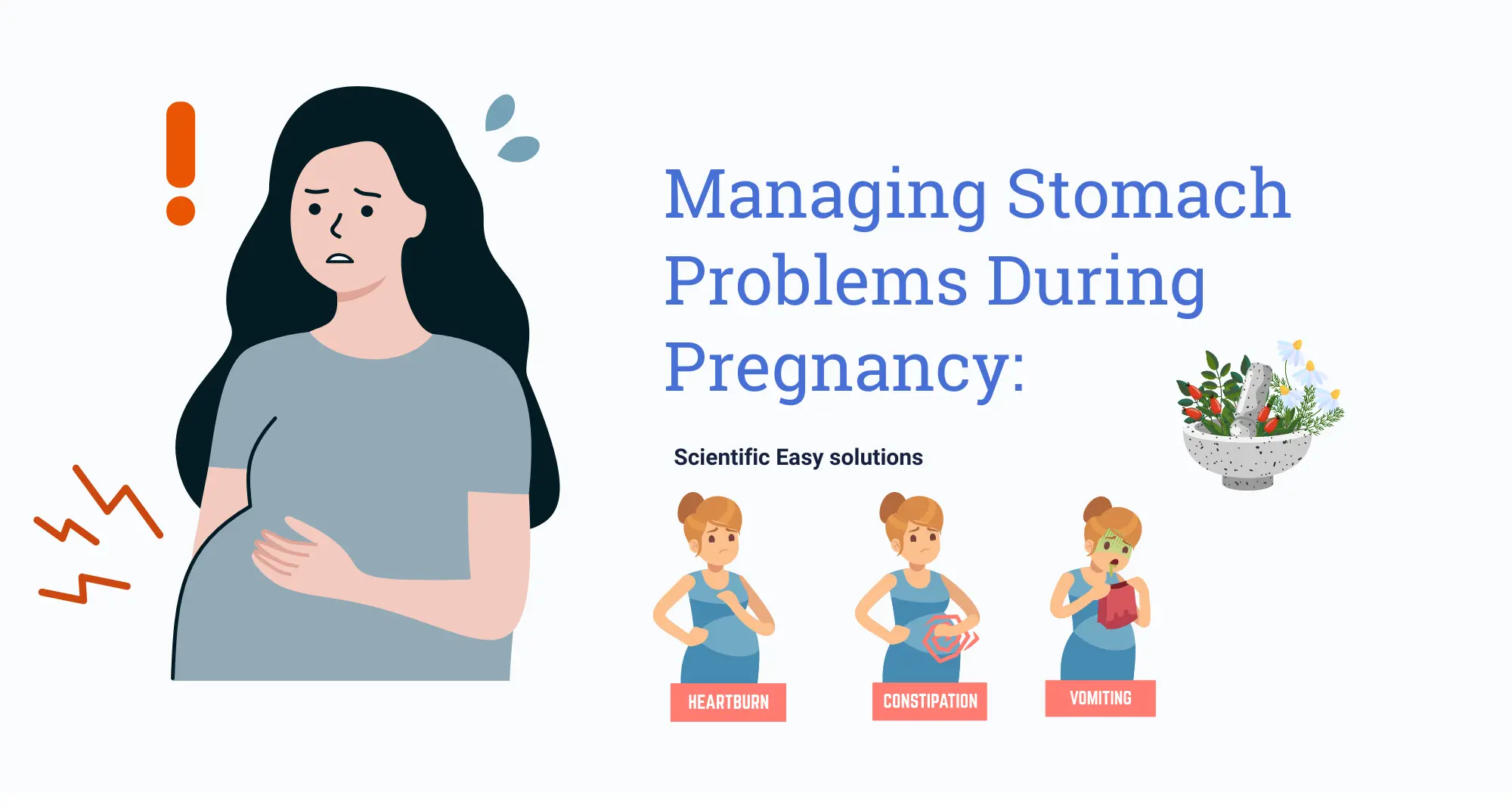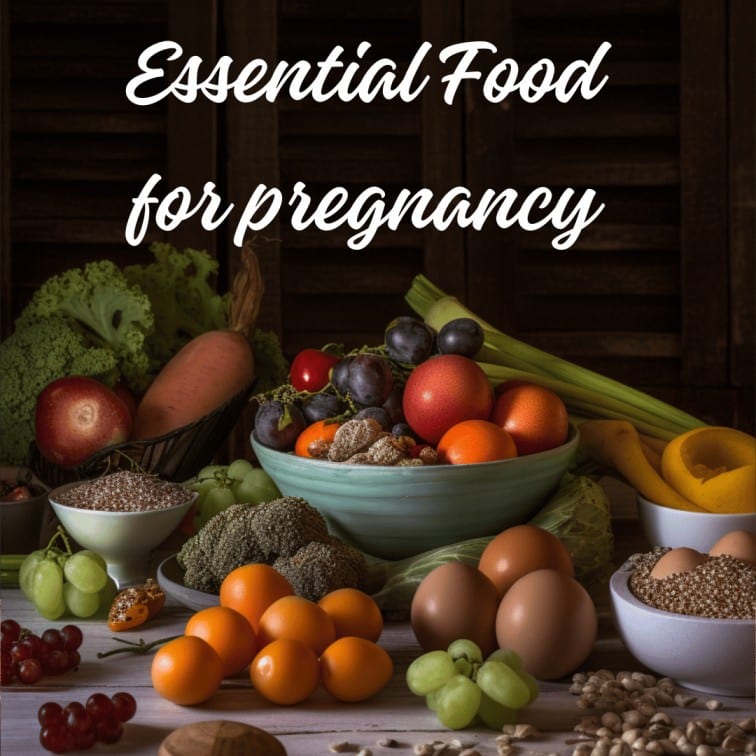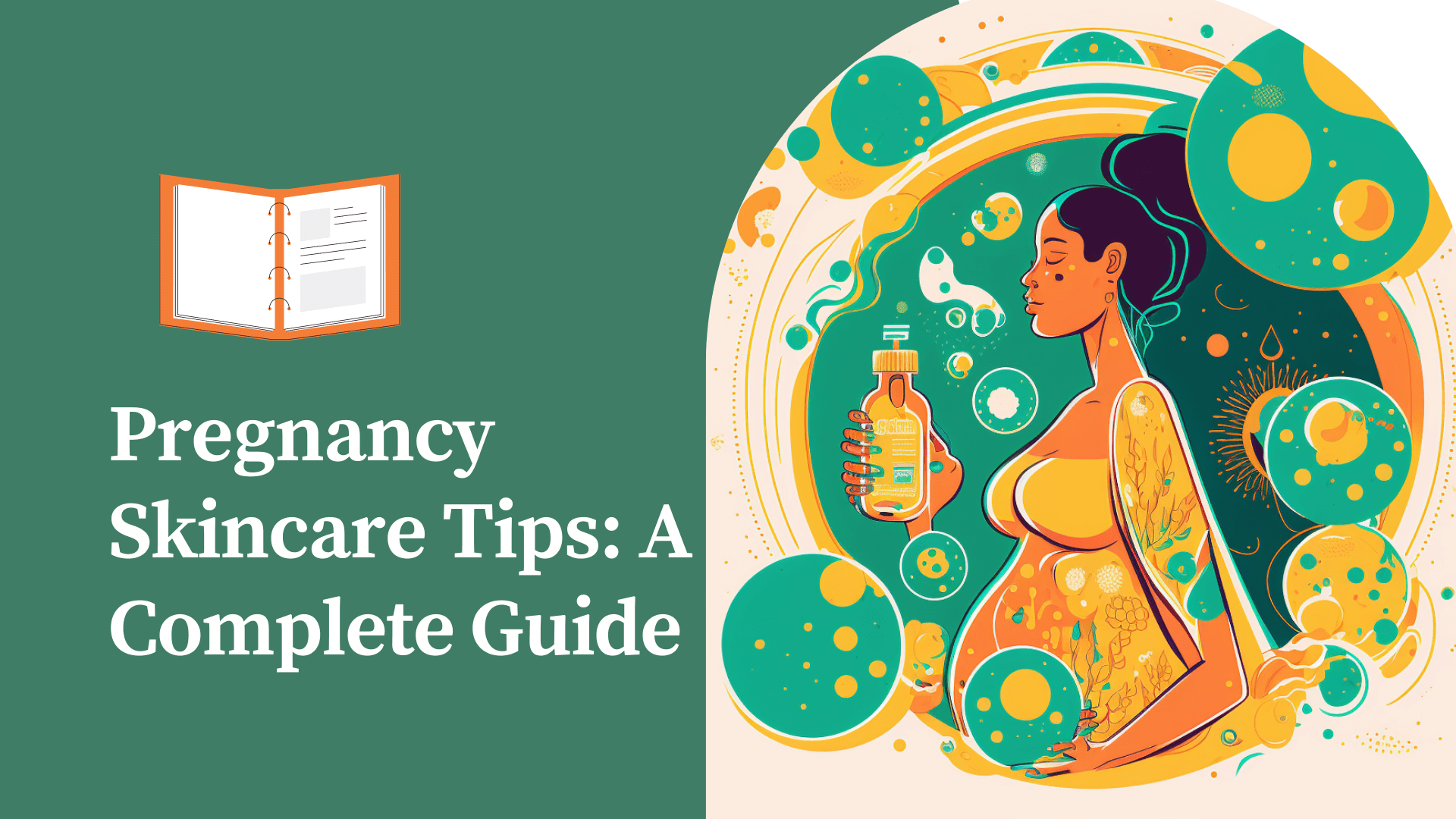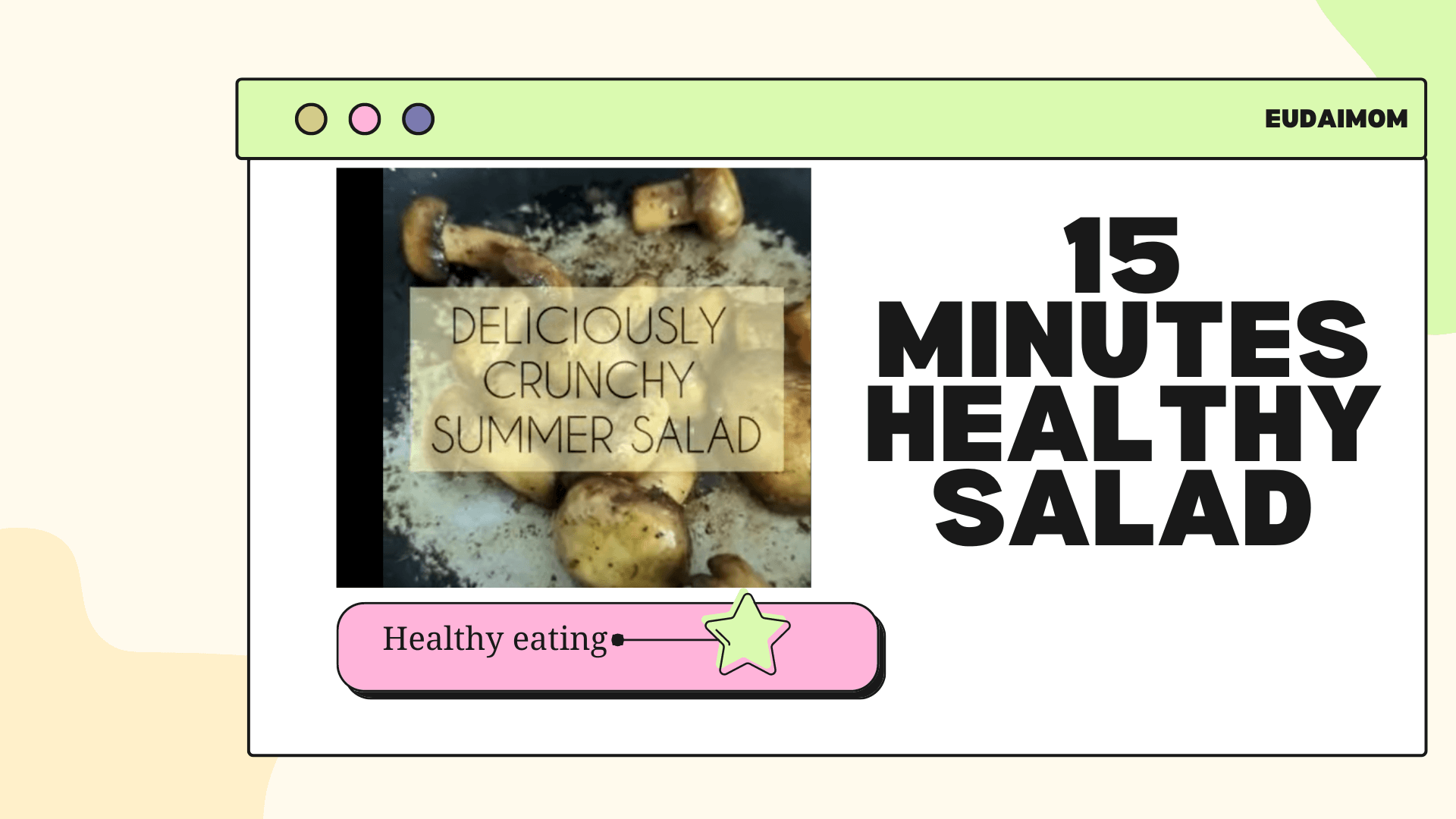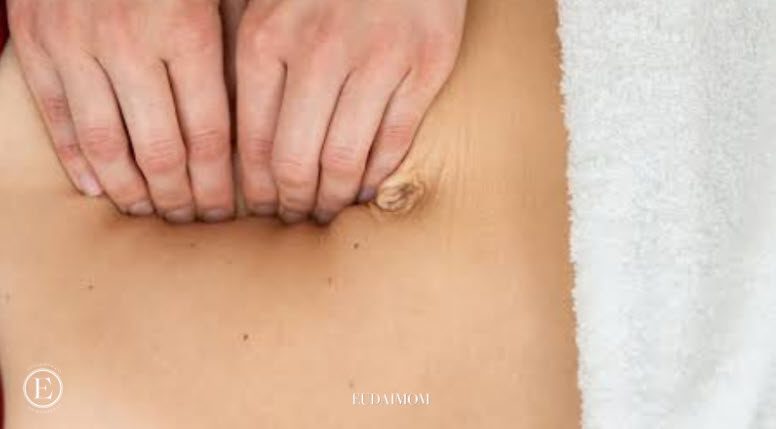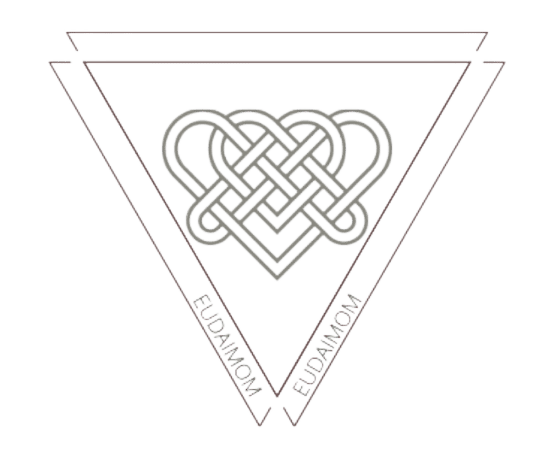All the hard cheese you can safely eat during pregnancy
If you’re pregnant and wondering if it’s safe to eat certain cheeses during pregnancy. Hard cheese or soft cheese that is clearly labeled as being”pasteurized” are safe to consume. Pasteurization is a process where heating milk to a specific temperature kills potentially dangerous bacteria.So the short answer to whether one can eat Romano cheese during pregnancy is yes.
It is generally considered safe to eat hard cheese like Romano during pregnancy. However, it is important to note that all types of cheese, including hard cheese, can potentially carry bacteria called Listeria, which can be harmful to both the mother and the baby. To reduce the risk of Listeria infection, it is important to follow proper food handling and storage guidelines.
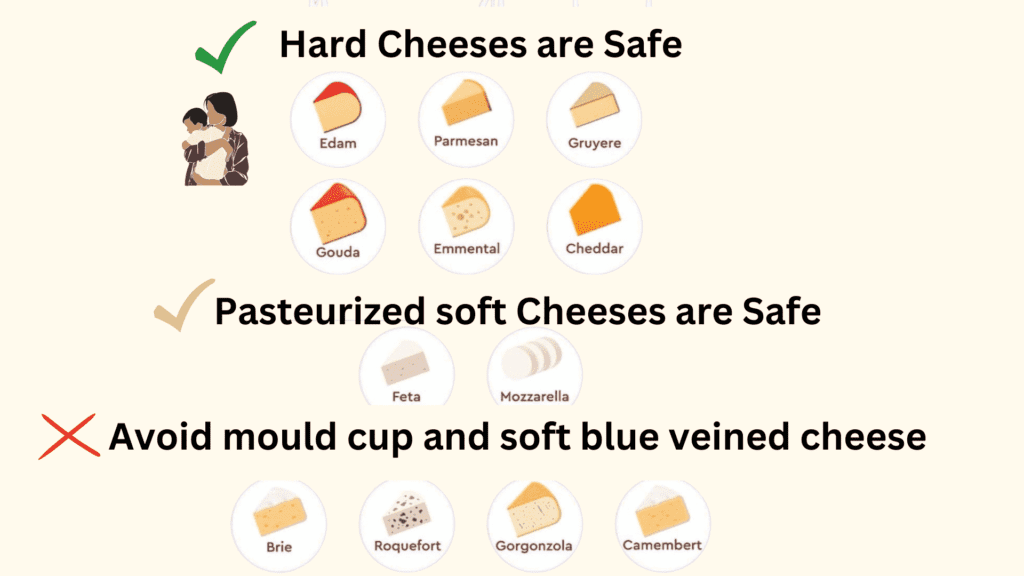
The Centers for Disease Control and Prevention (CDC) has mentioned that pregnant people are 10 times more likely to get listeriosis than the general population.
The chances that the above products may have listeria are slim but the bacteria listeria, which can cause listeriosis can be deadly for the mother and child as it can cause miscarriage and birth defects amongst other issues. The reason why when it comes to hard cheese like Romano, it is generally considered safer to eat because the manufacturing process involves aging the cheese for several months, which helps to reduce the risk of bacterial contamination. Hard cheese is also less prone to bacterial growth because it has a lower moisture content than soft cheese.
However, it is still important to take precautions when handling and consuming hard cheese during pregnancy. Here are some tips to follow:
- Make sure the cheese is properly stored: Hard cheese should be stored in the refrigerator and should not be left out at room temperature for long periods of time.
- Check the expiration date: Hard cheese can be aged for several months, but it still has an expiration date. Make sure to check the expiration date on the package before consuming the cheese.
- Avoid cheese that has mold: If the cheese has visible mold, it should not be eaten.
- Wash your hands before handling cheese: Make sure to wash your hands before handling any cheese to reduce the risk of bacterial contamination.
Overall, it is generally safe to eat hard cheese like Romano during pregnancy, as long as it is properly stored, has not expired, and does not have visible mold. This is key. However, it is always important to follow proper food safety guidelines above in any case throughout your pregnancy and even after.
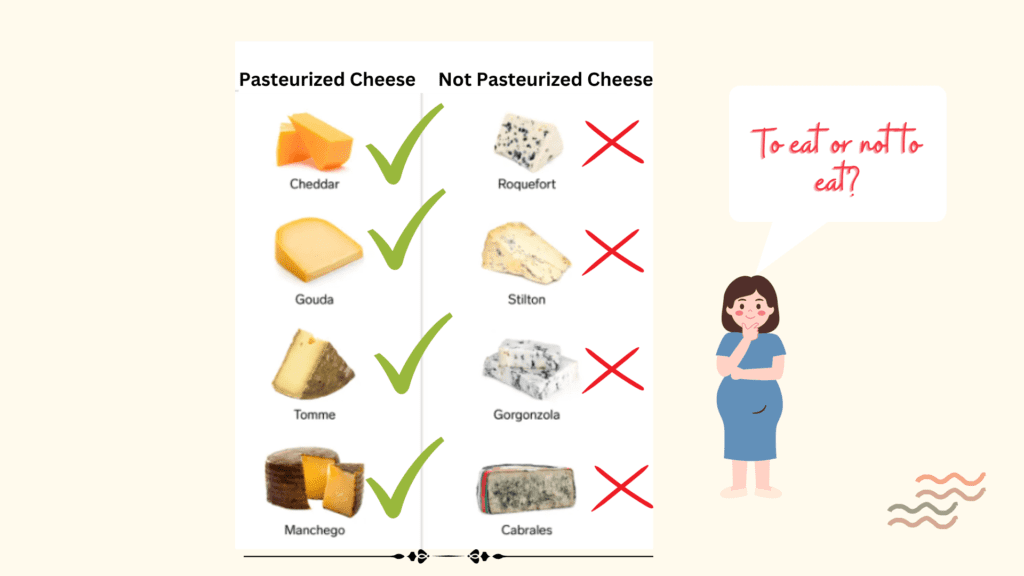
BELOW ARE THE BEST CHEESE WE RECOMMEND. You may safely consume this during pregnancy and authorized by our team of doctors and experts
What are the cheeses that can be consumed during pregnancy?
Hard cheeses like cheddar and Parmesan and soft pasteurized cheeses are safe (and delicious) to eat in moderation.
The following soft commercial cheeses are generally always made with pasteurized milk and considered safe:
Some varieties of hard cheeses:-
Gouda, Parmesan, Cheddar, Provolone, Swiss, Romano
And any other cheeses made using pasteurized milk and maintaining hygiene standards are fine. ( Cow goat and sheep cheese are fine too adhering to standards.
Some soft cheeses that are safe when pasteurized;
feta cheese , processed mozzarella, ricotta cheese, cottage cheese, camembert, cream cheese, goat cheese
What kind of cheese must be avoided during pregnancy?
As with any food, it is also important to consume cheese in moderation as part of a balanced diet. If you are someone who is intolerant to milk products then it’s wise to know your threshold and consume in limited quantities.
Just try not to overdo it, since cheese is also high in sodium and saturated fat. One portion of cheese is 1 ½ ounces (roughly the size of your thumb). The U.S. Department of Agriculture recommends that women aim for a total of three servings of (ideally low-fat) dairy per day, which in addition to cheese includes milk and yogurt.
It is also important to consult with a healthcare provider or a registered dietitian for specific recommendations and advice on the consumption of cheese and other foods during pregnancy. They can provide personalized recommendations based on your individual needs and health status. If you interested in knowing about other DOs and Dont’s, check out this article on Pregnancy Food Myths

